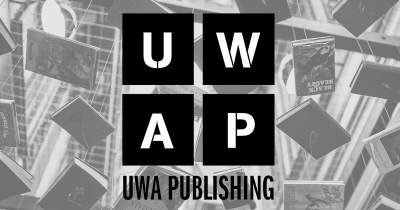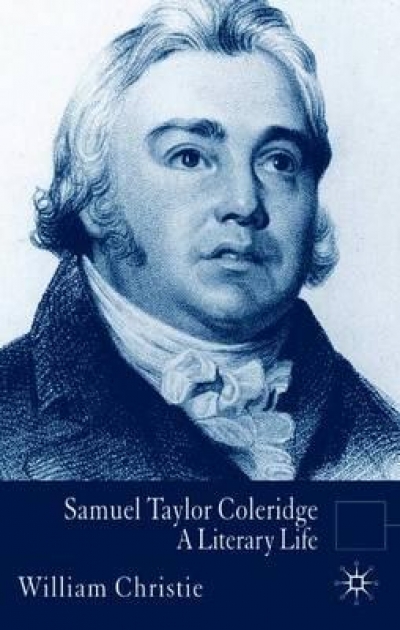What is a ‘literary life’? The phrase is invitingly open. Some writers seem to live their lives with a studied circumspection, as if creating a work of art. Everything is crafted to present only what the writer wishes to reveal, exactly as in creating a literary work. Oscar Wilde and Jack Kerouac may seem odd bedfellows, except in this one regard. Oscar’s bon mots and flamboyantly witty social gestures mirror those of his written personae, to the extent that his life is his art and his art is his life, exactly as he almost said. Kerouac’s crucial discovery may have been that getting ‘on the road’ could lead not only to a bestseller that influenced a generation, but that it could also shape the perception of his life, where the public and private became synonymous. All the automatic writing of his letters, the photographs of his circle of friends who also people his books, the laconic interviews, even his brooding, photogenic likeness to James Dean, are an integral part of his literary self-creation, intrinsic with a philosophy of staying in a speeding car and observing life from the fast lane. For both Wilde and Kerouac, ‘style’ is the word that links the literary and the life. However different from each other, both are dramatically self-consistent in lifestyles and literary styles.
...
(read more)


